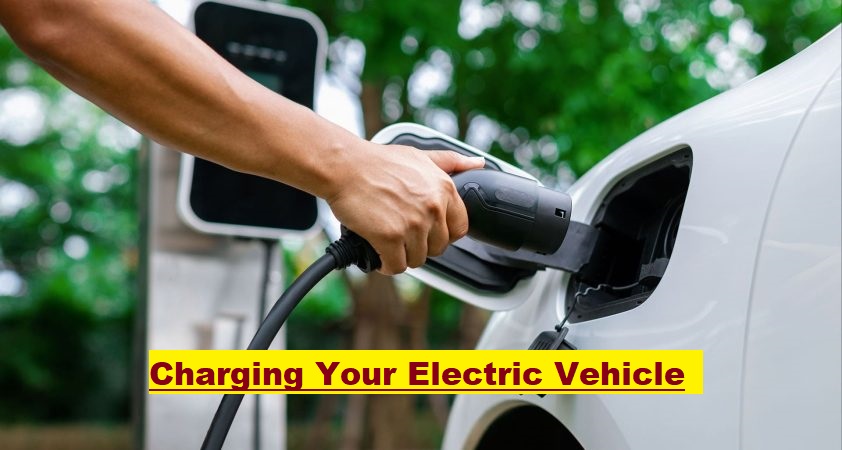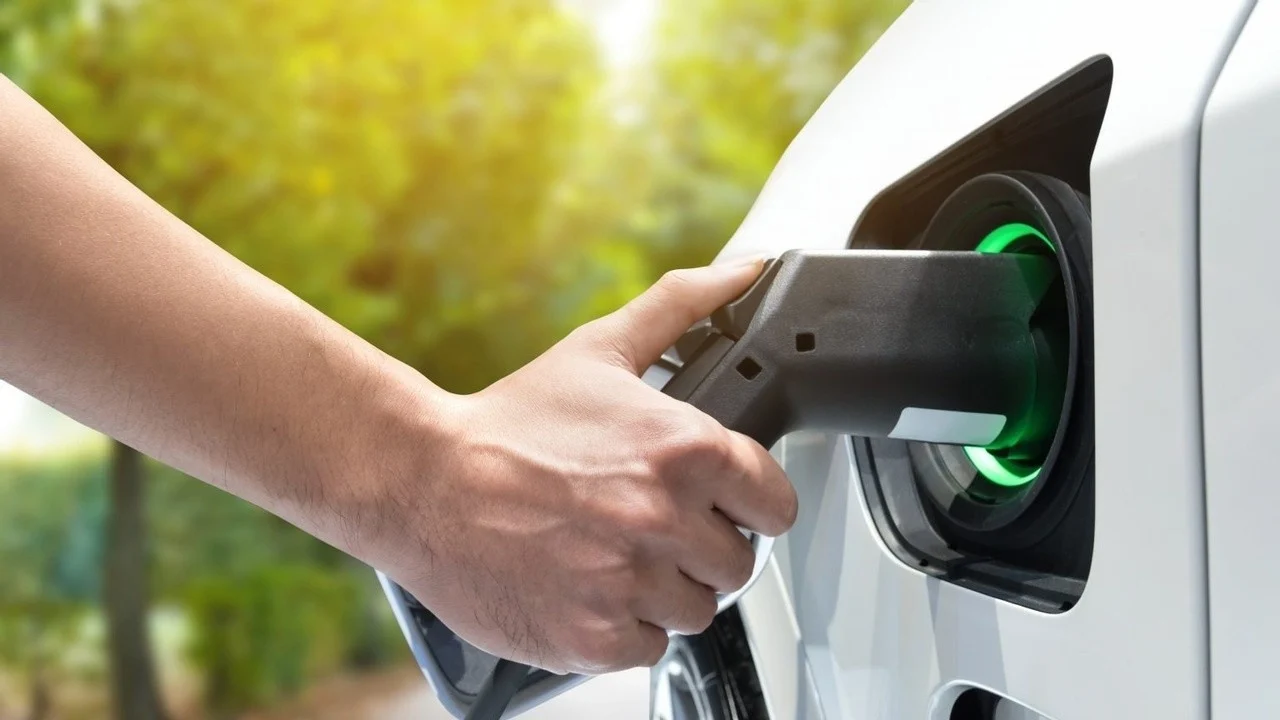With the increasing shift towards electric vehicles (EVs), the need for reliable and efficient EV charger installation services is growing rapidly. Installing an electric vehicle charger at home or business locations can provide convenience and peace of mind, ensuring that your EV is always ready to go. In this comprehensive guide, we will explore everything you need to know about EV charger installation, including its benefits, types of chargers, the installation process, cost considerations, and why hiring a professional service is crucial.
What are EV Chargers?
An electric vehicle (EV) charger is a device that supplies electrical power to recharge the batteries of electric vehicles. These chargers come in various types, each designed to meet different charging needs. EV chargers can be installed at home or in commercial properties, providing flexibility for EV owners.

Types of EV Chargers
Level 1 Chargers
Level 1 chargers are the simplest and most basic form of charging stations. They use a standard 120-volt electrical outlet, making them convenient but slower than other chargers.Ideal for overnight charging, Level 1 chargers are perfect for those who don’t drive long distances regularly.
Level 2 Chargers
Level 2 chargers provide a faster charging solution compared to Level 1, using a 240-volt power source. These chargers are commonly found in homes, workplaces, and public charging stations.The installation of a Level 2 charger requires an electrician to set up the necessary circuit.
DC Fast Chargers
DC fast chargers are the most advanced type of EV charger, offering rapid charging for electric vehicles. These are often found in public locations, such as highway rest stops and commercial areas.While expensive to install, DC fast chargers can recharge an EV battery in a matter of minutes.
Why Do You Need EV Charger Installation Services?
Installing an EV charger at your home or business has several advantages, including:
- Convenience: With an EV charger at home, you can charge your vehicle overnight, ensuring you never run out of power when you need it the most.
- Cost Savings: Using home-based charging solutions can save you money compared to public charging stations, especially if you charge during off-peak hours.
- Increased Property Value: Having an EV charger installed increases the value of your property and makes it more attractive to potential buyers, especially those who own electric vehicles.
- Environmental Impact: Charging your EV with renewable energy sources, such as solar panels, can significantly reduce your carbon footprint.
- Access to Faster Charging: With a Level 2 or DC fast charger, you can enjoy faster charging times, reducing downtime for your electric vehicle.
The EV Charger Installation Process
When installing an EV charger, several steps are involved to ensure safety and efficiency. Here’s an overview of the installation process:
Site Assessment
- A professional installation service will first assess your home or business location to determine the best spot for installing the charger. Factors like the available electrical infrastructure, access to the power panel, and proximity to your parking area will influence the decision.
Choosing the Right Charger
- Based on your needs, the installer will recommend the right type of charger for your vehicle and home. Whether it’s a Level 1, Level 2, or DC fast charger, the goal is to match your specific charging requirements with the appropriate equipment.
Electrical Panel Upgrade (If Necessary)
- In some cases, your existing electrical panel may need to be upgraded to handle the additional load from an EV charger. This ensures that your electrical system is capable of supporting the charger without overloading.
Installation of the Charger
- The installation involves running wiring from your electrical panel to the chosen charging location. The charger is then mounted on a wall or pedestal, and the wiring is securely connected to the power supply.
Testing and Inspection
- Once the installation is complete, the system is tested to ensure it operates correctly. An inspection by a licensed electrician may be required to comply with local building codes and safety standards.
Training and Usage
- After installation, the technician will provide a brief tutorial on how to use the charger. This ensures you understand how to operate it safely and efficiently.
Costs Involved in EV Charger Installation
The cost of installing an EV charger can vary significantly based on several factors:
- Type of Charger: Level 1 chargers are generally cheaper to install than Level 2 or DC fast chargers.
- Location: The proximity of your parking space to the electrical panel affects the complexity of the installation. If extensive rewiring is required, the cost may increase.
- Electrical Upgrades: If your electrical system requires upgrading to accommodate the charger, this can add additional costs.
- Permit and Inspection Fees: Some locations require permits for EV charger installation, and an inspection may be necessary to ensure the installation meets safety standards.
On average, you can expect to pay anywhere between $500 to $2,500 for a Level 2 charger installation, depending on the specific requirements.
Benefits of Hiring Professional EV Charger Installation Services
While DIY EV charger installation might seem tempting, hiring a professional service offers several benefits:
- Expertise: Professional electricians have the training and experience to safely and efficiently install EV chargers, ensuring compliance with all safety codes.
- Safety: Installing an EV charger involves working with high-voltage electricity, making it crucial to hire a licensed professional to avoid accidents.
- Time-Saving: A professional installation service can complete the job quickly and correctly, saving you time and frustration.
- Long-Term Support: Many EV charger installation services offer ongoing maintenance and support, ensuring your charger continues to function optimally for years to come.
How to Choose the Best EV Charger Installation Service
When selecting an EV charger installation service, consider the following factors:
- Experience and Expertise: Choose a company with a proven track record in EV charger installations.
- Certifications: Ensure the company employs licensed electricians who are certified to install EV chargers.
- Customer Reviews: Read reviews and testimonials from other customers to gauge the quality of service.
- Warranty and Support: Opt for a service provider that offers warranties on both the charger and the installation work.
Conclusion
As the world transitions towards electric vehicles, having access to reliable EV charger installation services is more important than ever. By installing the right charger at your home or business, you can enjoy the convenience, cost savings, and environmental benefits of owning an electric vehicle. Whether you opt for a Level 1, Level 2, or DC fast charger, a professional installation ensures that your system is safe, efficient, and ready to power your EV for years to come.
By hiring a qualified professional to handle the installation, you can rest assured that your charger will be installed to the highest standards, keeping your electric vehicle charged and ready for the road ahead.
READ MORE: Bet365 Horse Racing Betting Odds: A Comprehensive Guide


